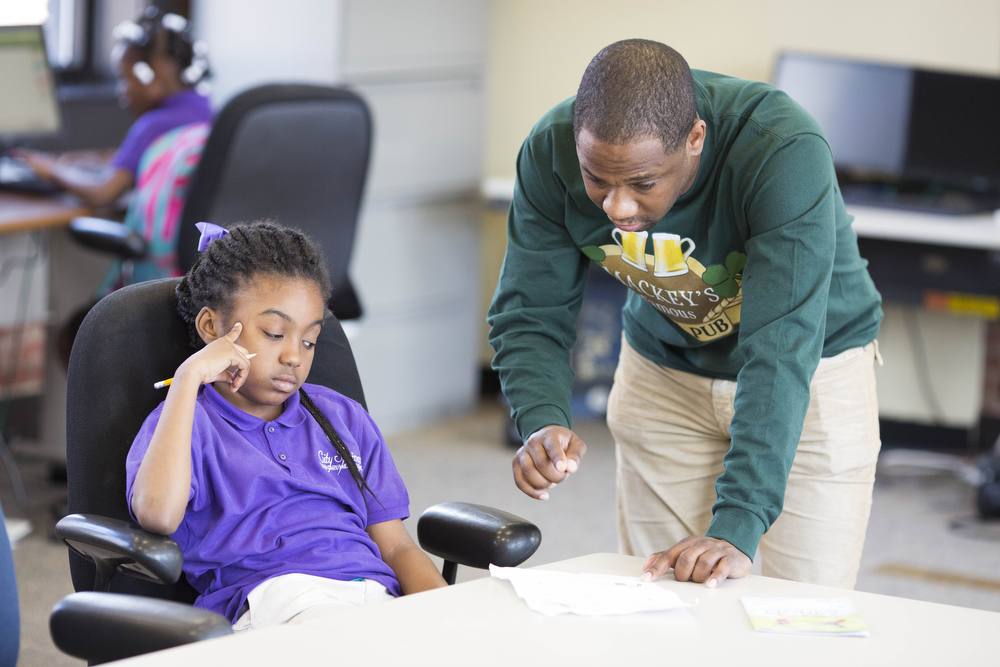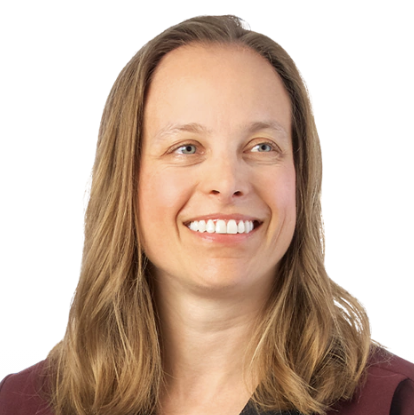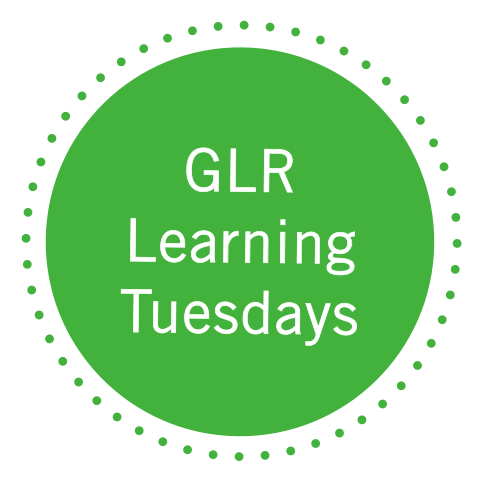
- This event has passed.
COVID-19 & Learning Loss: What the Data Tell Us About Moving Forward

Emma Dorn presented data on the impact on children of COVID-related school disruptions and research-informed approaches to help students accelerate learning. Analysis of Curriculum Associates i-Ready assessment data suggests that students are likely to be five to 10 months behind where they would usually be in mathematics by the end of this school year with significantly worse learning loss for children of color. This lost learning time will have very real implications for the future of affected students and for the national economy as a whole with $61,000 to $82,000 in average lifetime earning losses for individual students. Dorn explained how more time ― weekend school, extended school days or summer school ― more attention through peer-to-peer learning, small group instruction or high-intensity tutoring, and an increased emphasis on the fundamentals with scaffolding for grade-level content can help students accelerate learning. She also lifted up two examples of evidence-based approaches ― acceleration or vacation academies and high-intensity tutoring ― that could be scaled broadly to help students catch up.
Drawing on her extensive research into effective summer programs, Jennifer McCombs offered guidance for how this year’s programs could be structured to best support children affected by COVID-19 closures. She encouraged providers: to combine academic and enrichment programming, including fun and engaging activities that drive attendance and lead to stronger staff-child relationships; to leverage community partners to address children’s mental health needs and deliver enrichment activities; to offer small class sizes and full-day programming that lowers barriers for entry; and to focus the curriculum and activities to promote foundational skills and student needs. Recognizing the trauma many children have experienced over the past year, she urged providers to offer training that builds the capacity of staff to recognize and respond appropriately when children exhibit signs of trauma. She also stressed the importance of planning not just for summer 2021 but also for future summers — research shows the strongest benefits for students who attend programs for two years.
John Gomperts encouraged summer program providers to think about engaging national service and summer youth employment programs as a resource for scaling high dosage tutoring. He stressed that parents and caregivers can be allies in addressing learning loss and also as advocates for driving political demand at the local and national levels for measures to both improve summer programming and reduce community spread. Recognizing the flexibility provided by the summer months, Gomperts encouraged participants to respond to learning loss as a long-term challenge with an arc of activities and learning opportunities that can happen over time to help kids catch up.
Beth Schueler shared highlights from her examination of vacation or acceleration academies, explaining how these week-long, full-day programs typically offered during winter and spring breaks could be adapted for summer to help students prepare for a return to the classroom. With high-quality teachers working with small groups of struggling students in low-performing schools, these academies have helped students make significant academic gains while also contributing to reductions in exclusionary discipline. Her research as a part of the National Summer School Initiative also found that rich texts and engaging content increase student attendance and engagement. While acknowledging that in-person programming is preferred, Schueler suggested that a “silver lining” of virtual instruction could be increased access for struggling students to the most effective educators.
In his closing commentary, Aaron Dworkin described summer as being simultaneously a metaphor for inequity given the inequitable access to learning and enrichment opportunities and also a metaphor for opportunity and community. He encouraged attendees to embrace creativity to meet the current challenge posed by COVID-19 and to look for opportunities to engage a wide range of community partners to enhance summer learning opportunities, sharing several examples of innovative program
Panel







